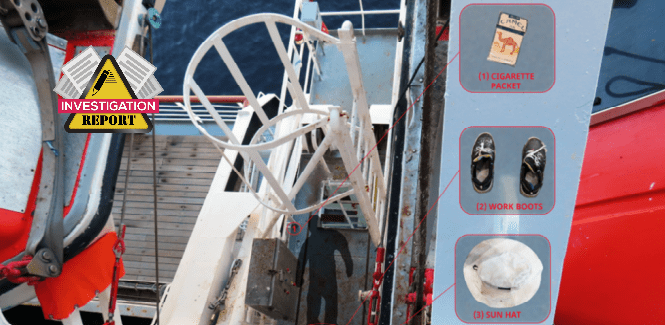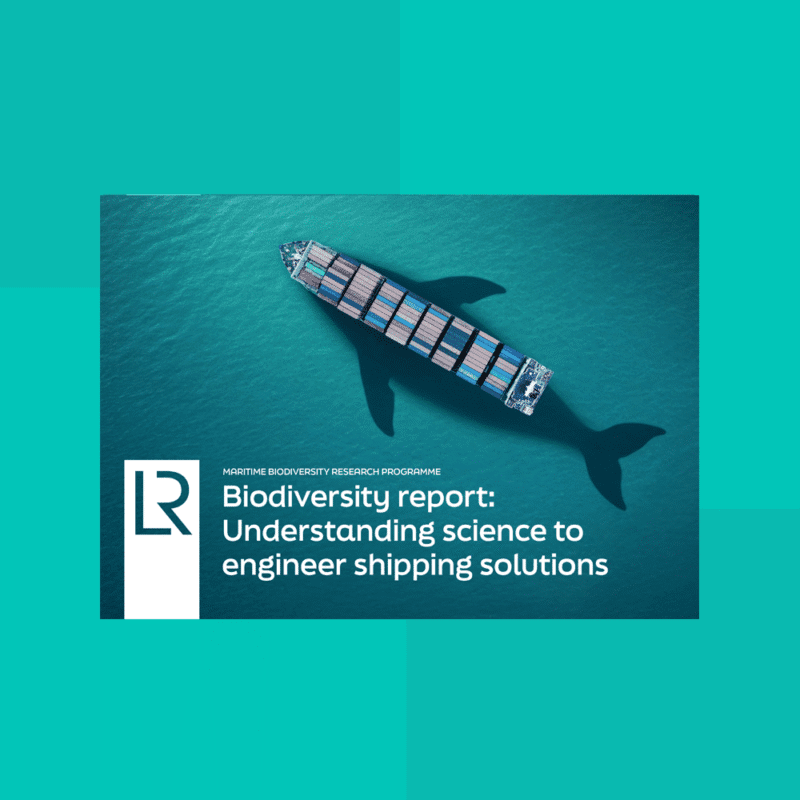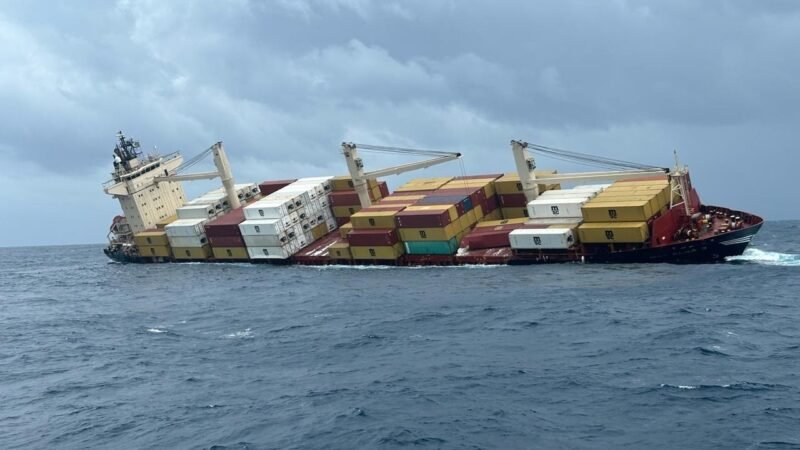Lloyd’s Register’s latest Fuel for Thought report emphasizes the continued dominance of LNG as the primary alternative marine fuel available to the shipping industry. The report highlights LNG’s increasing adoption, cost-effectiveness in meeting emissions regulations, and the importance of addressing methane slip to ensure its viability as a low-carbon fuel. The analysis reveals a significant rise in orders for LNG-capable vessels, with a growing global fleet and expanding bunkering infrastructure. As of December 2024, there were 1,381 dual-fuel vessels in service and 849 more on order, representing a 61% fleet expansion.
The report underscores LNG’s sustained appeal, particularly in segments like container shipping and car carriers, where adoption is rapidly growing. Economic analysis within the report indicates that LNG remains the most cost-effective fuel choice for foreseeable transition pathways up to 2049, with potential compliance savings compared to very low sulfur fuel oil. However, the report cautions that the long-term sustainability of LNG hinges on addressing methane slip and advancing cleaner LNG production methods, such as biomethane and synthetic e-LNG, as well as onboard carbon capture technologies.
The report also highlights innovative solutions in LNG technology, such as the use of high-manganese steel for LNG tanks, which has reduced costs while maintaining cryogenic properties. Industry leaders like Advantage Tankers LLC and AET are embracing LNG as a key component of their decarbonization strategies, recognizing its immediate emissions reductions and potential for future fuel capabilities like ammonia. As the industry moves towards a multi-fuel future, LNG is seen as a stepping stone towards achieving net-zero carbon goals by 2050.














